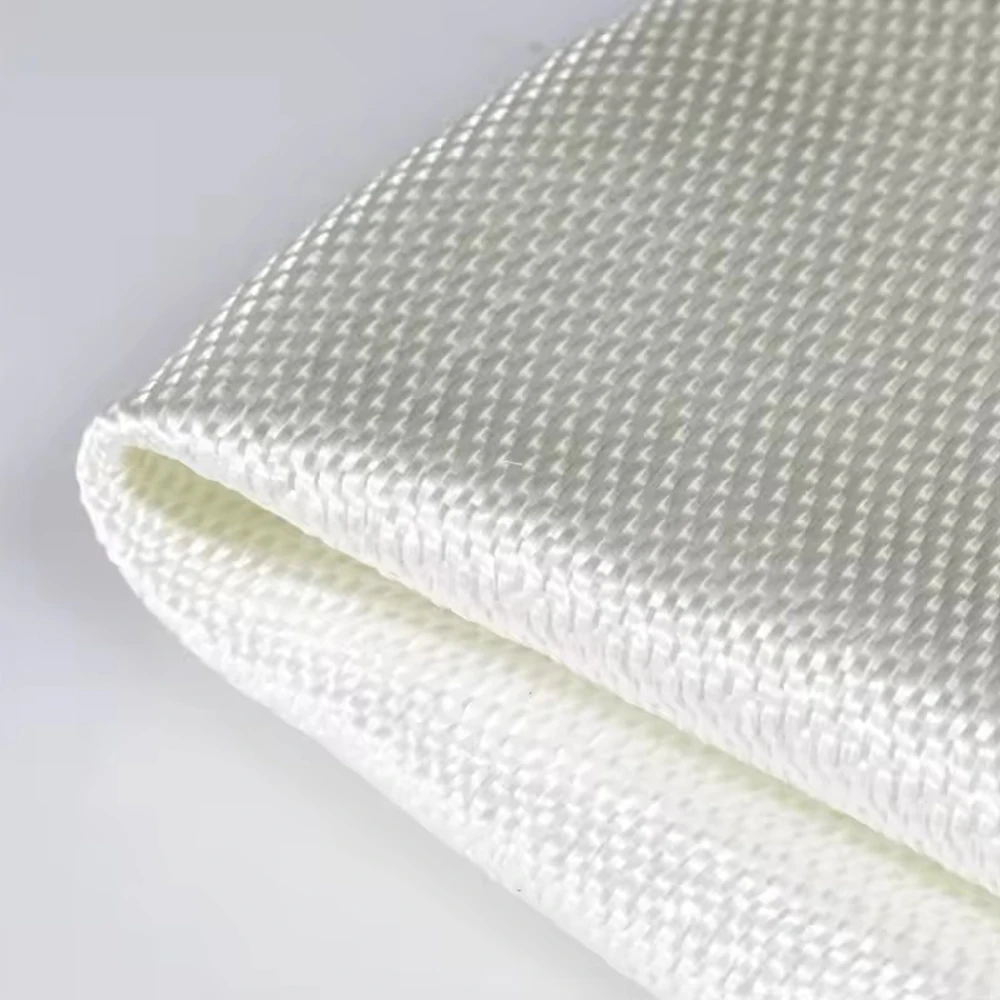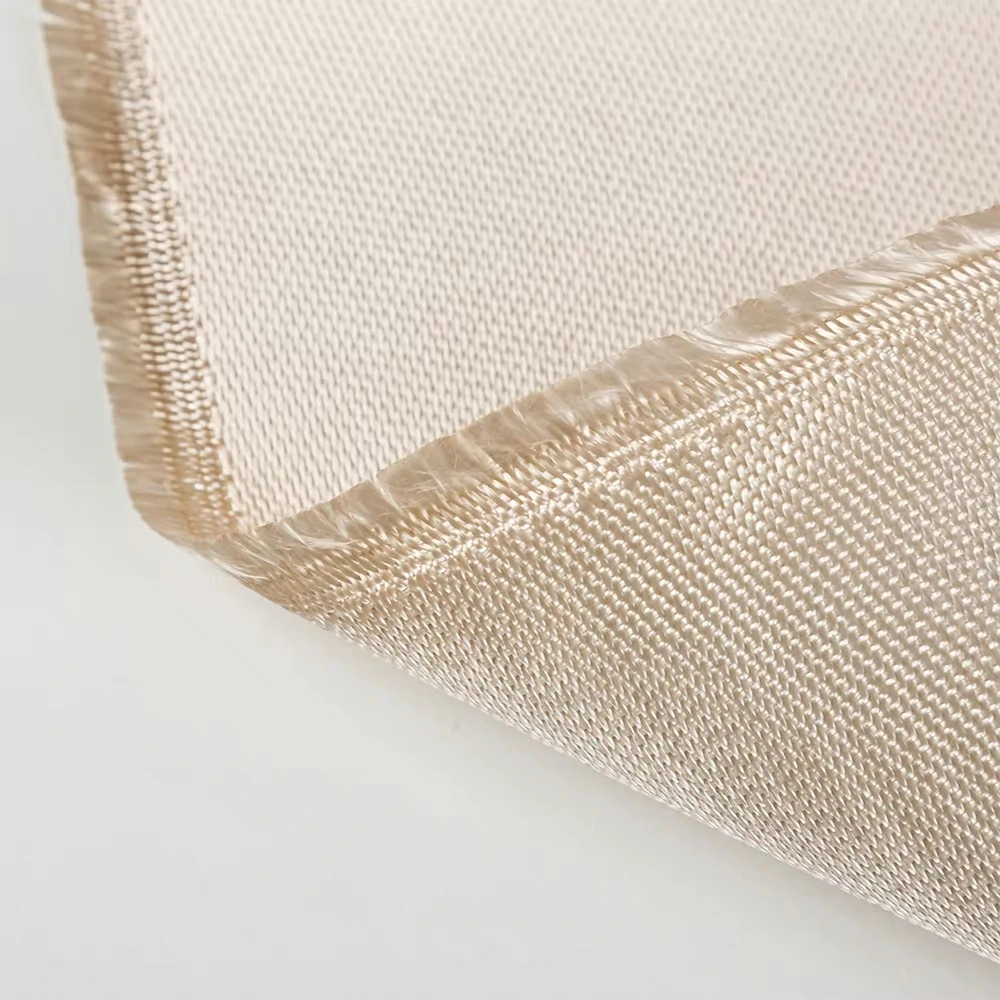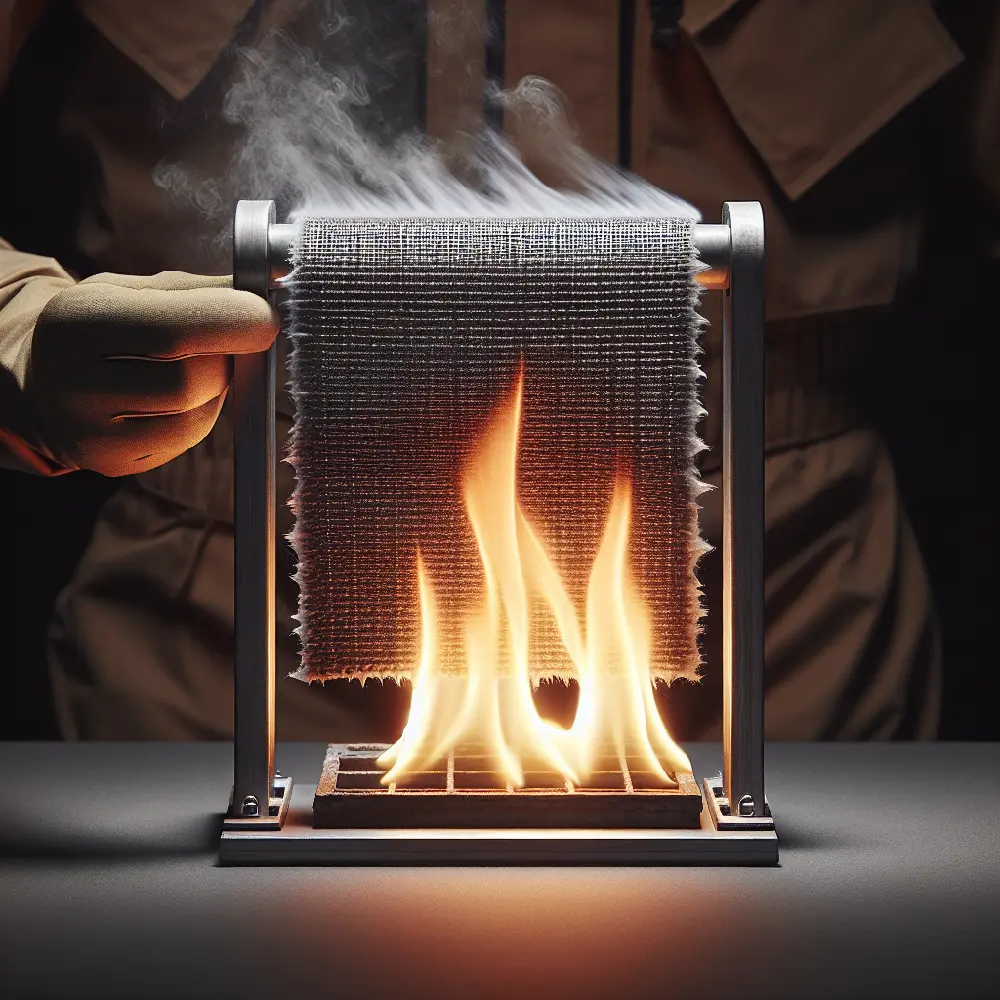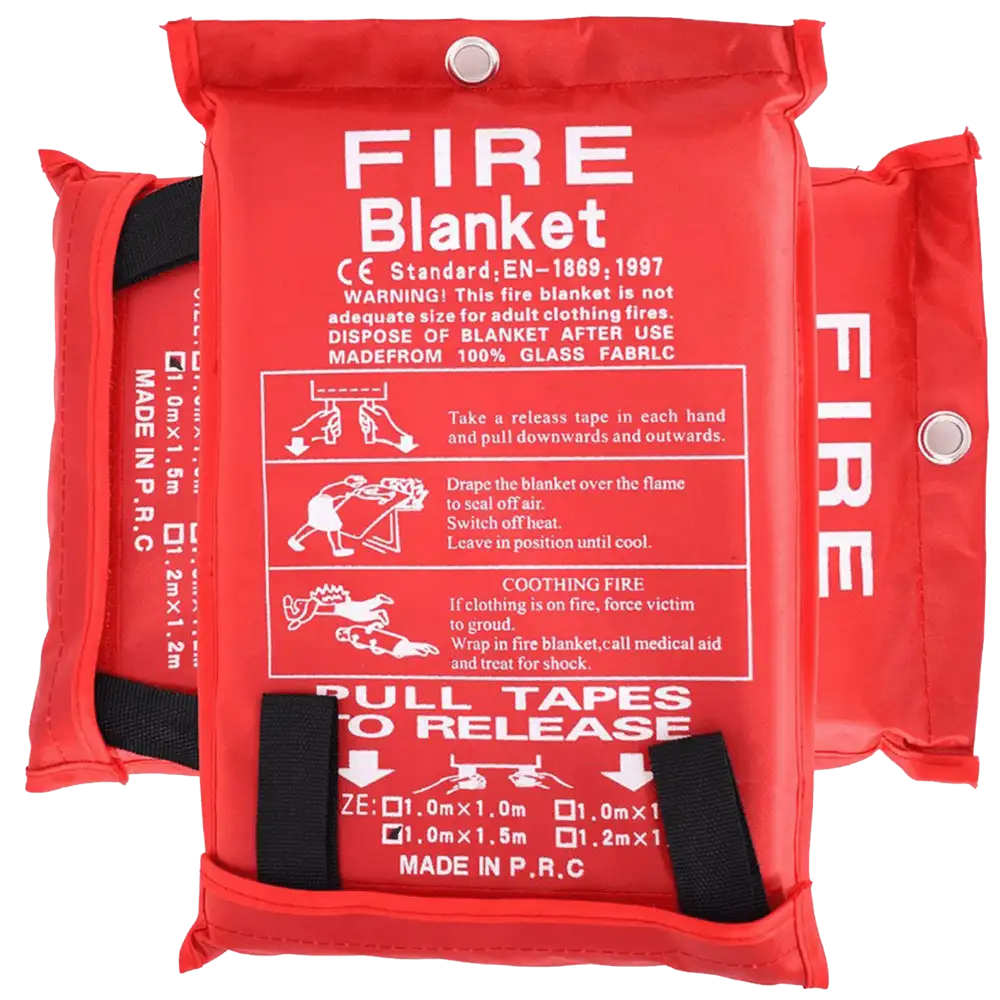Silica fabric, a woven material composed primarily of high purity, 96% amorphous silica fibers, stands out in the world of industrial materials. Its unique composition and manufacturing process result in a product that's not just pure, but also remarkably resilient. This fabric is produced by heating high-silica content minerals to extremely high temperatures, causing the material to melt and form into fibers. These fibers are then woven together to create the final product.
A notable property of silica fabric is its ability to withstand high temperatures. Indeed, it can tolerate continuous use at temperatures up to 1800°F (982°C), making it a go-to material for industries requiring high-temperature insulation. Yet, it's not just about heat resistance. Silica fabric also boasts significant abrasion resistance, ensuring its longevity even under strenuous use.You can learn more about high-silica fabrics.
The high-temperature and abrasion-resistant properties of silica fabric make it indispensable in a diverse range of industries. From aerospace to metal processing, the demand for this high purity, 96% amorphous silica fibers fabric is consistently high. Silica fabric's ability to insulate against extreme heat makes it a critical component in the manufacturing of aircraft and automotive parts, where it shields sensitive components from heat damage.
Moreover, its abrasion resistance adds another layer of utility. In industries where equipment undergoes rigorous use, such as metal processing, the fabric's durability ensures it can withstand the wear and tear, reducing the need for frequent replacements.
| Industry | Application | Specific Use | Product | Benefits |
|---|---|---|---|---|
| Power Generation | Insulating High-Temperature Equipment | Insulation for furnaces and turbines | High-Temperature Silica Fabric Insulation | Reduces heat loss, improves energy efficiency, and extends equipment lifespan |
| Metal Processing | Protective Covering | Protection against metal splash and sparks during welding and casting | Abrasion-Resistant Silica Fabric Protective Covers | Shields equipment and personnel, withstands rough handling, extends lifespan of covers |
| Automotive | Heat Shielding | Insulation for exhaust systems and engine components | High-Temperature Silica Fabric Heat Shields | Protects sensitive components from heat damage, improves vehicle performance |
| Aerospace | Thermal Insulation | Insulation for aircraft components and systems | Aerospace-Grade Silica Fabric Insulation | Ensures safety and efficiency of aircraft systems under high-temperature conditions |
| Construction | Fire Protection | Fireproof barriers and curtains | Fire-Resistant Silica Fabric Barriers | Provides safety against fire hazards, reduces potential fire damage |
| Various Industries | Removable Insulation | Fabrication into removable insulation blankets, often used in welding | Silica Fabric Welding Blankets | Offers flexible, easily installed solution for insulating equipment and protecting surfaces from extreme heat |
In the power generation industry, silica fabric plays a pivotal role in ensuring the efficiency and safety of high-temperature equipment. It's commonly used as insulation for furnaces and turbines, thanks to its 1800°F (982°C) resistant material properties. This high-temperature resistance allows the fabric to withstand the extreme heat generated by these power-producing machines, reducing heat loss and improving energy efficiency.
Moreover, the fabric's high purity and 96% amorphous silica fibers content contribute to its excellent thermal insulation properties, making it a preferred choice over other insulation materials. In real-world applications, the use of silica fabric as insulation can significantly extend the lifespan of power generation equipment, leading to cost savings in the long run.
When it comes to metal processing, safety is paramount. Here, silica cloth shines as a protective cover against metal splashes and sparks. Its 1800°F (982°C) resistant material properties allow it to withstand the high temperatures involved in processes like welding and casting, providing a protective barrier that shields both equipment and personnel.
Additionally, silica cloth's abrasion resistance adds an extra layer of protection. It can withstand the rough handling often encountered in these environments, reducing wear and tear and extending the lifespan of the protective covers.
Silica fabric is also commonly fabricated into removable insulation blankets, often referred to as welding blankets. These blankets offer a flexible, easily installed solution for insulating equipment and protecting surfaces from extreme heat. Their 1800°F (982°C) resistant material properties make them ideal for applications involving high temperatures, such as welding or furnace maintenance.
These welding blankets, thanks to their high-temperature and abrasion resistance, provide a durable and effective solution for heat management. They can be easily removed and replaced, making them a versatile and practical choice for many industries.
In the world of welding and stress-relieving applications, safety is paramount. For years, asbestos served as the go-to material due to its impressive heat resistance. However, the tide has turned. Today, silica cloth is stepping into the spotlight, offering a safer alternative and transforming the way we approach these high-temperature applications.
Welding curtains, in particular, have seen a significant shift from asbestos to silica cloth. With an impressive heat resistance of up to 1800°F (982°C), silica textile welding curtains not only meet but exceed the performance of their asbestos predecessors.
Asbestos, once hailed for its heat resistance, has a dark side. It's a health hazard, plain and simple. When disturbed, asbestos releases tiny fibers that can be inhaled, leading to serious health issues such as lung cancer and mesothelioma. In the U.S. alone, asbestos-related diseases claim the lives of thousands of people each year.
Silica textile has a continuous operating temperature of 1800°F (982°C) and a melting point of 3000°F (1650°C). This means it can handle the heat of welding and other high-temperature applications without breaking a sweat.
Moreover, silica textile has a low thermal conductivity, which makes it an excellent insulator. This is crucial in welding applications where maintaining temperature control is key.
Silica fabric, with its high-temperature resistance up to 1800°F (982°C), is a versatile asset in various industries. Its safety profile and resilience make it ideal for applications like welding curtains and high-temperature insulation.
The potential for new applications of silica textile is vast. Future growth areas could include the aerospace industry, where extreme temperature resistance is crucial, and the renewable energy sector, which demands durable, high-temperature materials.
Silica fabric's versatility, high-temperature resistance, and safety profile make it a key material for present and future industrial applications. As we innovate, silica fabrics will continue to play a pivotal role in high-temperature industries.
 Understanding Fiberglass: Fire Safety and Heat Resistance
Understanding Fiberglass: Fire Safety and Heat Resistance
 Top 5 Heat-Resistant Wonders: How High Silica Fiberglass Fabric Excels in Extreme Temperatures!
Top 5 Heat-Resistant Wonders: How High Silica Fiberglass Fabric Excels in Extreme Temperatures!
 Is Kevlar Fireproof? Unveiling the Truth Behind Kevlar's Flame Resistance
Is Kevlar Fireproof? Unveiling the Truth Behind Kevlar's Flame Resistance
 Do Fire Blankets Work? Understanding Their Functionality and Benefits
Do Fire Blankets Work? Understanding Their Functionality and Benefits